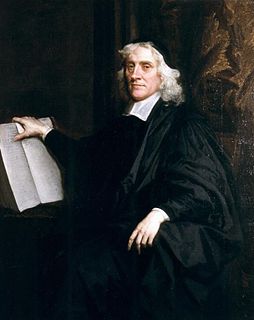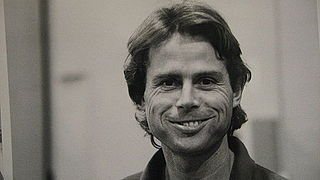A Quote by Dorothea Brande
Proverbs are for the most part rules of moral, or, still more properly, of prudential conduct.
Related Quotes
Fine art is the subtlest, the most seductive, the most effective instrument of moral propaganda in the world, excepting only the example of personal conduct; and I waive even this exception in favor of the art of the stage, because it works by exhibiting examples of personal conduct made intelligible and moving to crowds of unobservant unreflecting people to whom real life means nothing.
Born in other countries, yet believing you could be happy in this, our laws acknowledge, as they should do, your right to join us in society, conforming, as I doubt not you will do, to our established rules. That these rules shall be as equal as prudential considerations will admit, will certainly be the aim of our legislatures, general and particular.
To reach beyond what you are you must ignore the rules and fashions of the day. Or perhaps better yet cast them way out in your peripheral vision where you can still see them but only as a vague reference point. This doesn’t mean that all the rules are gone. It might mean that you adopt a far tighter code of conduct to ensure the necessary level of intensity and adventure.
I'm always looking for ways to explore the politics of the everyday. For me, the proverbs were a way of bringing in this ancient wisdom that in Arabic culture is often quoted. Those proverbs are such a huge part of the language and parts of people's every day. This is the wisdom that we use in our everyday life but we're not always listening to.





































